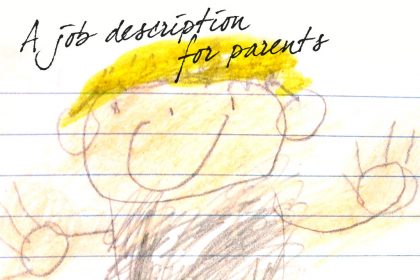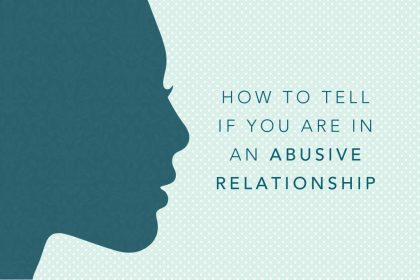Co-parenting or parallel parenting after divorce: Which is for you?
Most people will not consider how they would raise their children following a separation and divorce until they find themselves facing the reality of doing just that.
Terms such as ‘co-parenting’ or ‘parallel parenting’, which can be thrown about by family lawyers, like a San Diego divorce lawyer, mediators, therapists and the like, can therefore be fairly meaningless.
Here is a comparative discussion of what these two approaches mean and how to decide which is most appropriate for you if you are raising children with an ex.
What is co-parenting?
Co-parenting involves you and your former spouse or partner working together in partnership so that your parenting styles and decisions are consistent with one another. You will discuss and agree on all parenting issues, such as routines and the timing of bedtimes, how and when to discipline, the nature and extent of screen time, expectations over chores and homework.
It can be difficult to establish this style of parenting following the breakdown of a relationship because emotions will be running high and differences in parenting that existed during a relationship can be accentuated following the end of a relationship.
It takes time to move on from the conflict with your former partner or spouse. Usually with the passing of time separated parents find it easier to parent as a team.
What is parallel parenting?
Parallel parenting involves you and your former spouse or partner having minimal contact. Rather than collaborating with one another about day-to-day decisions affecting your children, you will make decisions affecting your children when they are in your care alone, and your former spouse or partner will do the same.
For example, you will decide when your children go to bed, and what television or films they are allowed to watch. You will acknowledge that your former spouse or partner will make their own decisions about such issues, and their approach may well differ.
There remains a category of decisions that must be made jointly by all those with parental responsibility. Examples of these decisions are which school your child shall attend, whether your child is to receive planned medical treatment and whether to change your child’s name. Except for those decisions, parallel parenting means separated parents will parent their children separately.
Which parenting approach is right for you?
Co-parenting is generally seen as the gold standard. Successful co-parenting will enable children to grow up with a greater sense of security and stability because of the consistency they enjoy across both homes.
Despite the breakdown in their parents’ relationship, they will see their parents respecting each other, making compromises, and generally putting aside their own personal differences for the best interests of their children. Co-parenting also best promotes a relationship with both parents and gives children the freedom and support to have a loving, close relationship with each parent.
While it may be the ideal approach however, co-parenting not always appropriate. In situations where there is a high level of conflict between parents and there is very poor, little or no communication, parallel parenting protects children from further conflict.
It also enables each parent to focus on their own parenting approach so they can provide security and consistency for their children during the time they are in their care. This is particularly important if the other parent’s approach is chaotic and lacks boundaries, or where there is a history of abuse in the parents’ relationship.
The challenge with parallel parenting is to identify what you have control over, and with that, what you need to let go of because inevitably your former spouse or partner will make decisions with which you will not agree. Another consequence of parallel parenting is that children may be shown two very different examples of how to live and behave.
An extreme example is where one parent is strict and consistent with maintaining boundaries, whereas the other is the opposite and is therefore seen as the ‘fun’ parent. This can present all sorts of difficulties and can mean the children effectively have to work out for themselves which is the better approach as they grow up. This can be unsettling and generally gives them less security.
The good news is if you and your ex have children together and can respect how parallel parenting works, and the role each other has in your children’s lives, this will help to rebuild trust and enable you to move on from the differences between you. In time it may be possible to shift to co-parenting.
Helen Clyne is a lawyer at Debenhams Ottaway, a multi-service law firm, known for delivering clients outstanding service and award winning legal advice.










